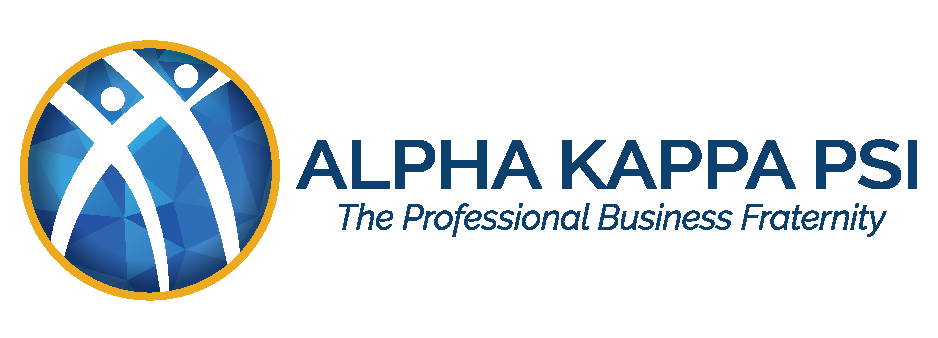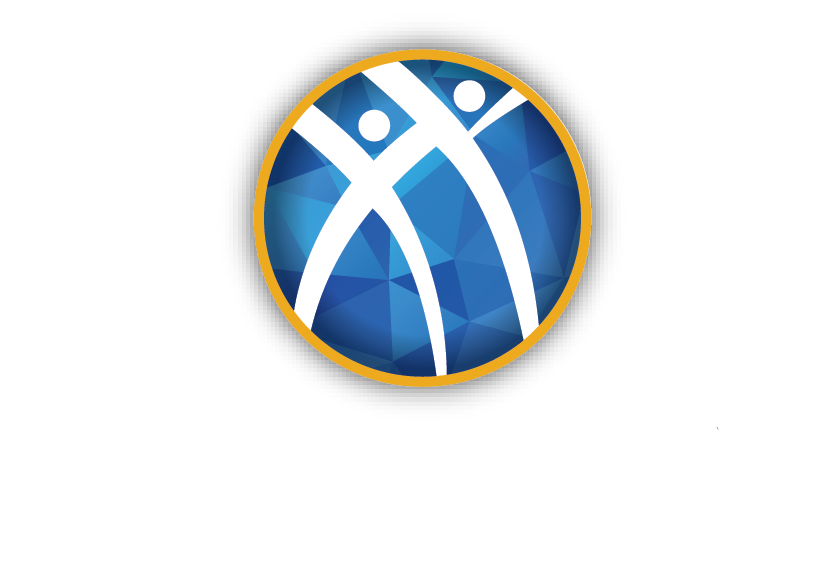While taking time off throughout the year is important, the warm summer months provide a great excuse to unplug. And summer vacations aren’t just for fun in the sun — science says they’re good for your career too.
Taking time off from work gives your body and mind time to rest and rejuvenate. Unfortunately, Americans are taking less vacation time than at any point in the last four decades, and more than half (52%) leave at least some vacation time unused.
Let’s take a look at what research tells us about taking those hard-earned vacation days, unplugging from work (truly), and normalizing rest as part of a healthy career.
People who take vacations get promoted more often
While “hustle” culture has made it trendy for business influencers to brag about growing a business on three hours of sleep a night, that behavior is neither healthy nor sustainable.
Running on too little sleep isn’t going to get you ahead in your career — it can even have the opposite effect. In fact, according to the Harvard Business Review, taking a vacation can actually increase the likelihood of getting a raise or a promotion. People who take all their vacation time have a 6.5% higher chance of getting a promotion or raise than people who leave 11 or more days of paid time off on the table.
Another thing to consider is the value of your unused vacation days. If you’re a salaried employee and don’t take all your paid vacation time, you’re essentially accepting a pay cut. That vacation time is part of your compensation package, so if you don’t use it and your company doesn’t offer some kind of buy-back option, it’s like handing your money back to the company.
When you recharge, you’re more engaged & productive
In his book, The Happiness Advantage, Shawn Achor shares research showing that when the brain can think positively, productivity improves by 31%, sales increase by 37%, and creativity and revenues can triple. His findings suggest that a positive and engaged brain is the most significant competitive advantage in the modern economy. But to be truly positive and engaged at work, our brains need breaks and time to rest. If we’re constantly “on” and responding to stimuli, we don’t give our minds a chance to get our thoughts and ideas in order.
According to the National Science Foundation, our brains are still very busy even when we’re at rest. Marcus Raichle, a professor of radiology, neurology, neurobiology, and biomedical engineering at Washington University, has studied this phenomenon for many years.
“A great deal of meaningful activity is occurring in the brain when a person is sitting back and doing nothing at all,” says Raichle. “It turns out that when your mind is at rest, dispersed brain areas are chattering away to one another.”
Taking mental breaks throughout the day using methods like meditation and mindfulness can be really beneficial. But it’s vital to take extended periods of rest too, where you can fully unplug from work and technology for days or weeks at a time.
Leave things in a good place when you head out
Some people avoid taking time off because they’re too worried about returning to a mountain of work. They may have been burned before and returned from vacation feeling more stressed and overwhelmed. This can be avoided by getting all your ducks in a row before you leave for vacation — and getting a few other ducks to help take care of things while you’re out.
When you have a vacation coming up, focus on prioritization. Make a list of the tasks that must be accomplished before you go, and coordinate with your manager on those priorities to ensure you’re both on the same page.
Once you have your must-do list, tackle those things and try not to add anything new to your plate. If people try to send more work your way, politely say something like, “I’m currently focused on getting some essential projects buttoned up before heading out for vacation, but I’d be happy to chat with you about this when I return.”
As your time off approaches, discuss any outstanding items or things that need to happen while you’re out with a trusted colleague and ask if they could cover for you. (If there are several things, asking more than one teammate for help may make sense.) Just be sure to provide them with any critical information they may need while you’re out when you establish the handoff. Nothing can take your mind away from vacation more than a call from a frantic coworker.
Get more tips from the Business Edge Podcast
Hear from Raquel Tamez, Chief Inclusion and Engagement Officer for Charles River Associates, as she discusses the importance of rest and sleep for better productivity and a thriving career.
Listen to the episode >









